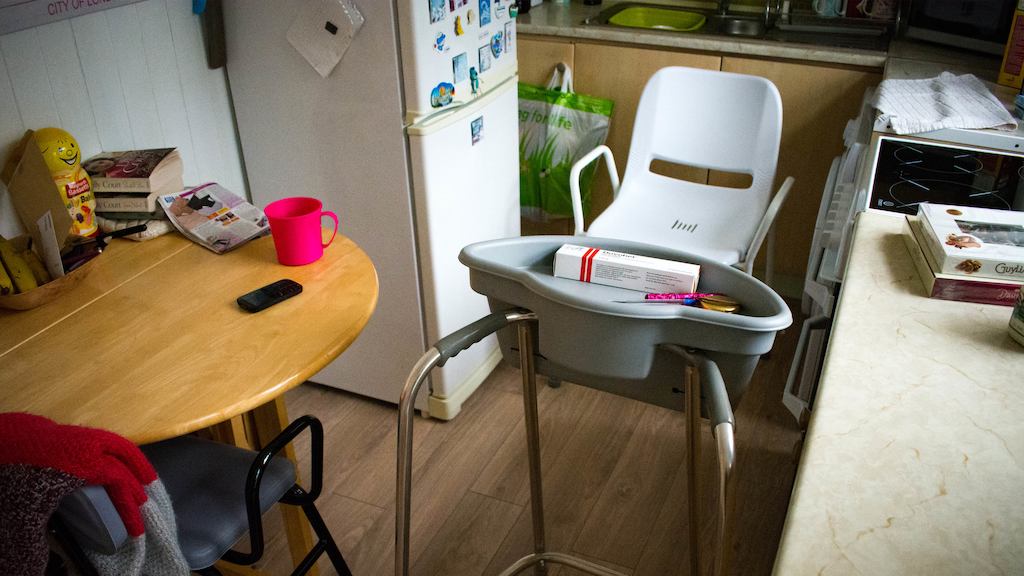The outbreak of COVID-19 has had a huge and unprecedented impact on our daily lives. We have been spending more time in our homes than ever before, and in many cases, we no longer have access to the community of support we had previously – our family, our friends and our formal or informal carers.
At the Centre for Ageing Better, we want to support people to live well and independently in their own homes for as long as possible. We want people to not only be able to perform essential daily tasks at home – like cooking, cleaning, or bathing – but for them to do so as easily and as safely as possible.
I think most of us can remember a time when we’ve had difficulty using a product, fixture or fitting within the home – whether it’s a bathtub that you struggle to get into, an impossible to open ring-pull can of tinned tomatoes, or a hard to turn knob that means you often leave the hot water running too long and scald yourself.
Now that we’re all spending more time at home, with less opportunity to go out and buy new products or have repairs done, we have no choice but to make our home and the products within them work for us in any way we can.
We do this through adapting our behaviour or the products themselves to better suit us: we strategically place furniture around our bathtub to aid us in getting in and out; we shove a knife under the tin tab to leverage it open; and we only use the hot water tap once in a blue moon, when really needed. While plenty of these ‘hacks’ can be harmless, many are not.
‘Hacks’ are by no means a new phenomenon in society. However, they are a behavioural trend that we need to be more acutely aware of in light of recent events.
With the majority of people still staying at home more than ever, and many no longer able to access the support they previously had, there is all the more risk of one of these work-arounds to result in injury.


